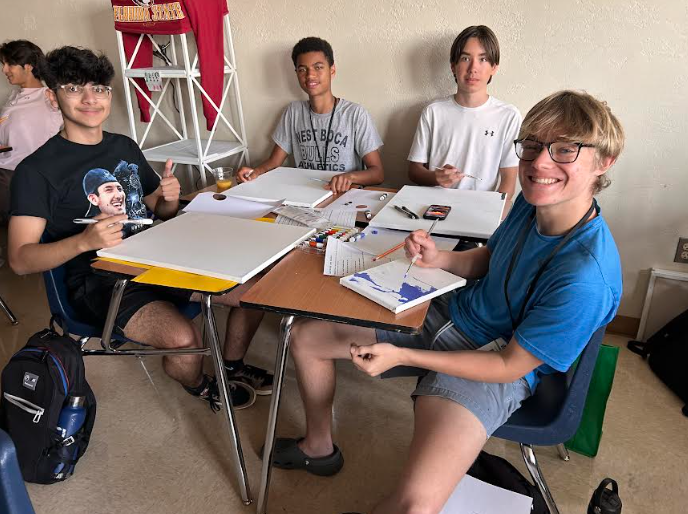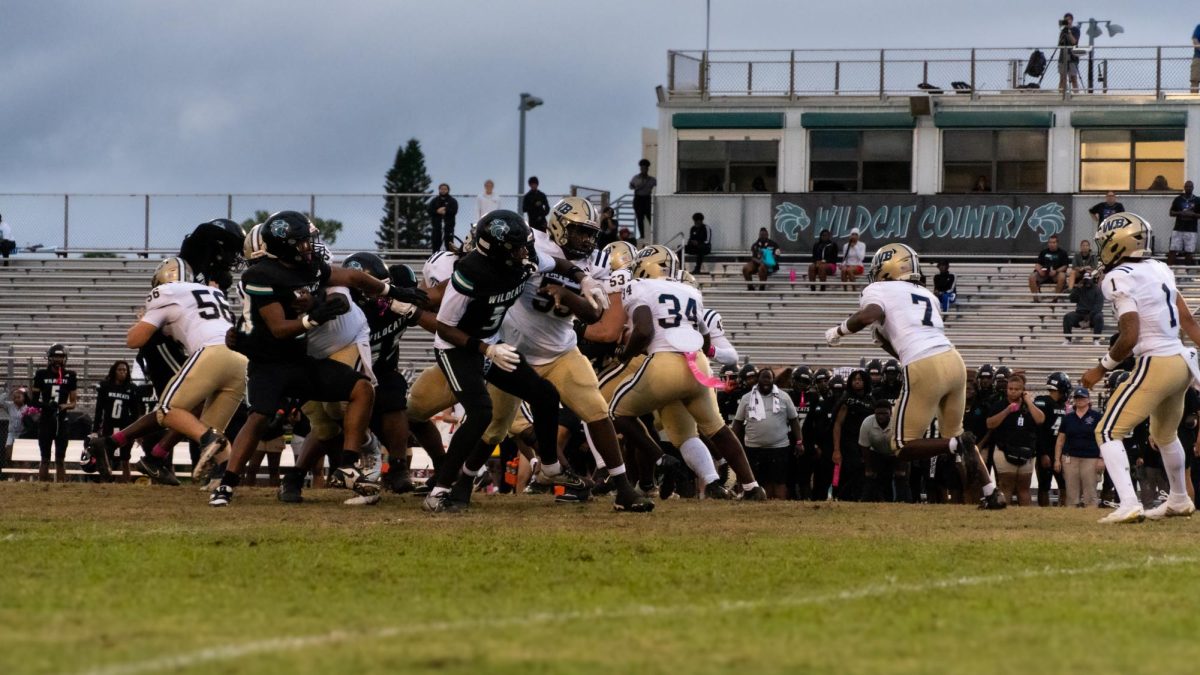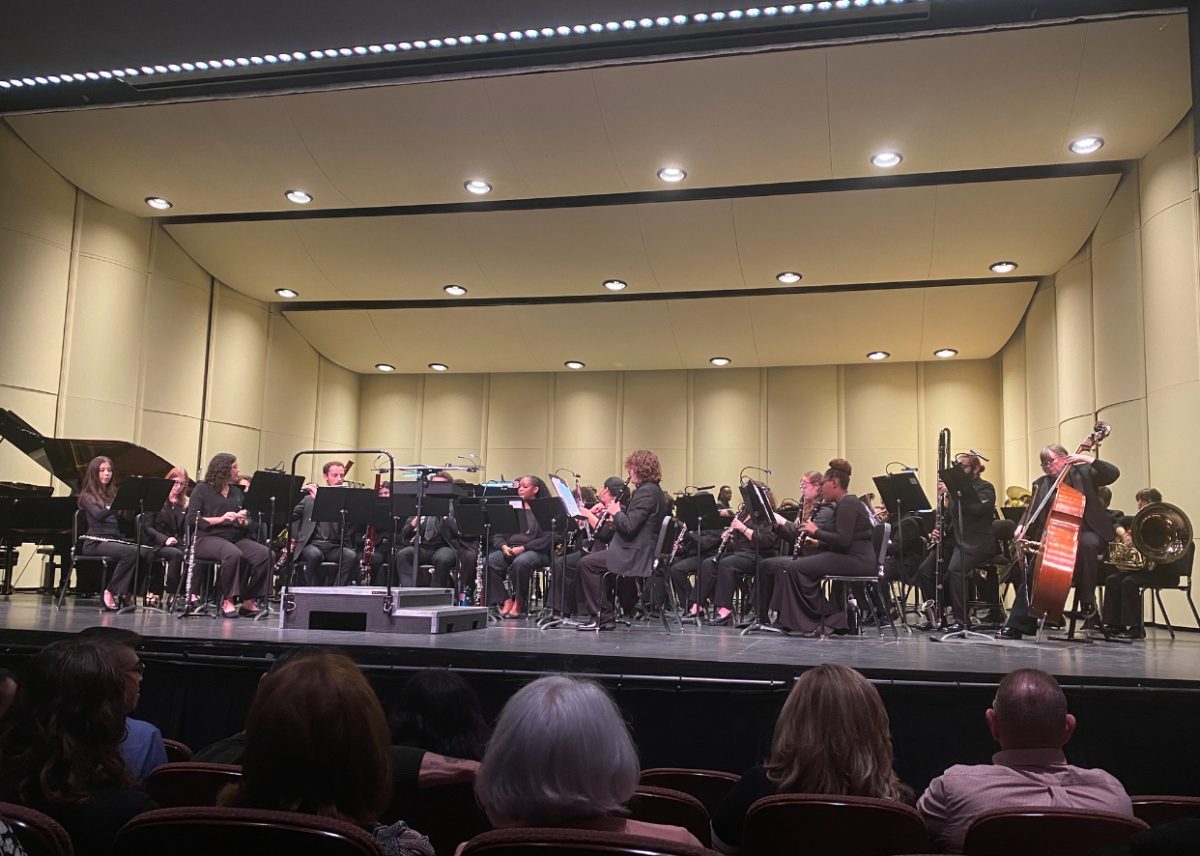
We all know the feeling: rushing in cramped hallways, between a 6’ft gym class escapee and a clueless trumpet player’s massive instrument case, the frenzied haze to get to your next class before the 5-minute toll bell rings. The only thing in between you and the path to escape? A slow walker; or as I like to call, a Hallway Haunter.
There’s a multitude of reasons why some people walk slowly. A band of friends chirping about their next weekend hang, eyes honed in on a tiny mobile device unbeknownst to the user’s overextended neck, simple exhaustion, the list goes on. What we have yet to really figure out is how to cope with the irrepressible rage we, as students, get from the seeming disregard for the value of time. Author Liesel Goecker provides that “healthy brains are notoriously poor markers of time,” which may seem kind of convoluted, but in simple terms, we think of things differently. When we’re under pressure, like in a crunch between classes, time seems a lot slower simply because our brains are wired to be that way. We’re able to analyze every detail, watch every move, and coincidentally collect every particle of inner rage toward the lollygagging walker blocking our way. To us, they’re simply an obstacle between where we are and where we need to be. Point A to Point B, the mental journey perceived as a thousand years; crushed expectations of a 2-minute trek across the courtyard thanks to an unexpected Hallway Haunter clasping hands with their partner to form an impenetrable blockade.
But obviously there’s more to the story. Imagine yourself in their shoes; trying to bide your time until the next two hours of lecture, pacing the halls, wandering. Then, all of a sudden, you feel a gaze on your back: another angry speed-racer coming up on your heels with the fury of a thousand suns. The crime you’ve committed to justify such unsightly retribution? Taking your time. But is taking your time really such a bad thing? New York Times writer Gretchen Reynolds provides that generally, men walk slower when walking with a loved one, going to show just how important certain subconscious actions are in the context of perception. Body language can say a lot about a person, and perhaps the speed at which we walk reflects how we’re feeling, or how we’re perceiving the world. So maybe that slow walker isn’t just in your way, but enjoying the world around them and being mindful of the journey they’re taking.
That’s the thing, it’s all perspective. To someone going fast, everyone else is objectified into a mere obstacle while to someone going slow, everyone else is subjected to the whims of their freedom of speed. Moral of the story: it’s the balance of life (student life in our case). As long as you’re immersed in your own perception of time, regardless of others’ perspectives, it’s like you’re living in your own little bubble. These hallways are in some ways, a microcosm of society as a whole. The way we interact with each other could reflect our future roles and interactions in the real world. Other people can’t read your mind, so maybe just say a little “excuse me” before you bump shoulders with another poor, unsuspecting freshman, or move to the side next time you’re linking arms with a friend.










































Maya • Aug 29, 2024 at 12:59 pm
Amazing!!